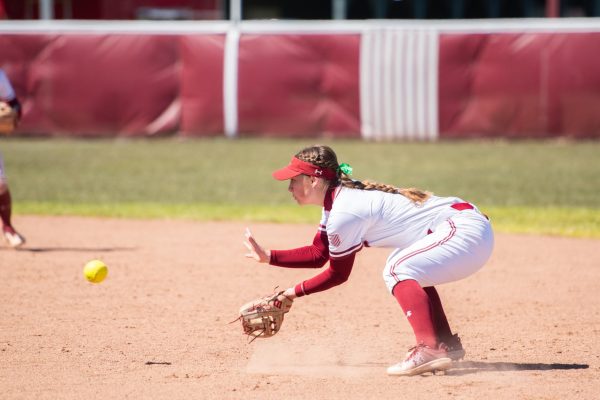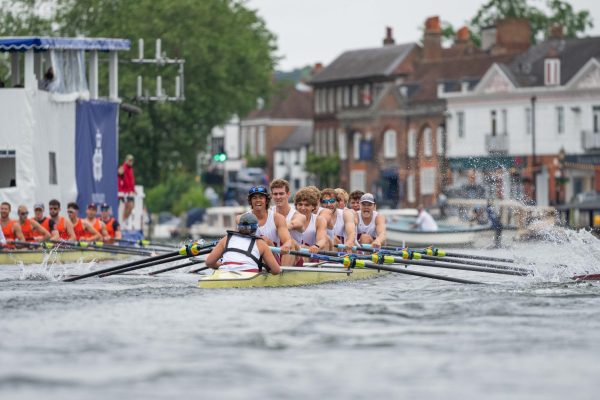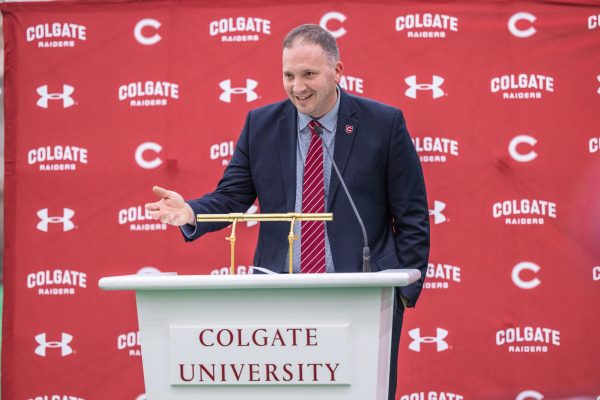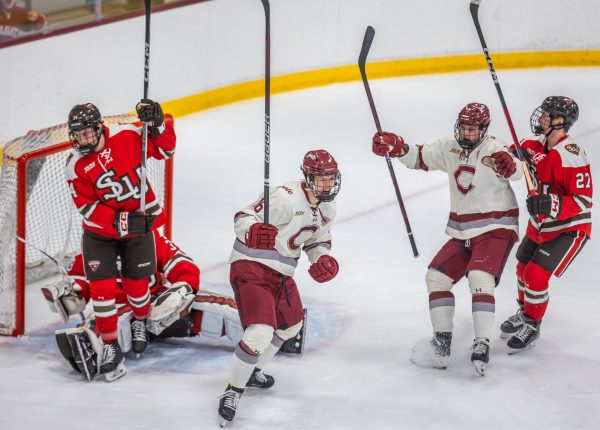The Miracle: Thirty Years Later
On February 22, 1980, Olympic hockey announcer Al Michaels’ words echoed around the world, when coach Herb Brooks and the U.S. Olympic Hockey Team, made up of collegiate and amateur hockey players, beat the Soviet Union, the greatest hockey team in the world at that time. No other Olympic, professional, or amateur sports event has ever affected Americans in the same manner.
Understanding Michaels’ words and emotion requires historical and cultural context. The 1970s were a chaotic era in American history. People waited for hours in the infamous gasoline lines. Ayatollah Khomeini held 52 Americans hostage in Iran, capturing them in the months prior to the 1980 Olympics, and U.S. efforts to rescue them had failed. Inflation was rampant and unemployment was high. The American dream was waning and the country was losing confidence in its government.
The 1980 U.S. Olympic Hockey team, made up of college and amateur players, had been playing together for a little more than a year. The team was such a long shot to win a medal–in fact most people believed the best possible outcome was to simply avoid embarrassment at the skates of their superior foreign opponents.
The Soviet players were hockey legends. Their record included four straight Olympic gold medals. The 1980 Soviet Olympic Team included seven players from their previous gold medal team. All five of the all-time leading scorers in Soviet hockey were members of this team, including captain Boris Mikhailov. Goaltender Vlatislav Tretiak, considered the best goalie in the world, stood between the pipes for the Soviets. Although Olympic regulations stipulated that all athletes must be amateurs, the Soviets were in no way amateur hockey players. The Soviet government claimed they were soldiers in the Red Army. In reality, they trained in world-class facilities and played a full schedule of hockey games.
The Soviet team entered the 1980 Olympics, despite Cold War-era boycott cries, and cruised to a 5-0 record in the first round, overwhelming teams from Japan, the Netherlands and Poland. They had only two relatively close games, against Canada and Finland, though both were still two-goal Soviet wins. The U.S. team tied a Swedish team seeded third in the tournament, 2-2. Then they shocked the hockey world with a 7-3 upset over Czechoslovakia, the 1976 Olympic silver medalists, and the only team considered capable of defeating the Soviets. The United States followed that win with victories over Norway, Romania and West Germany.
In the medal round, the U.S. team was slotted to play the Soviets. A victory would provide the opportunity to play for the gold medal. However, since the Soviets had defeated the Americans, 10-3, in Madison Square Garden three days prior to the Olympics, the hockey community predicted that a game against the Soviets would quickly end the stunning success of the U.S. team. David Anderson, a sports writer for New York Times, wrote, “Unless the ice melts, or unless the United States team or another team performs a miracle, as did the American squad in 1960, the Russians are expected to easily win the Olympic gold medal for the sixth time in the last seven tournaments.”
The Soviet team dominated the game early and scored their first goal within a few minutes of the opening faceoff. Vladimir Krutov deflected a slap shot past U.S. goaltender Jimmy Craig. After Buzz Schneider scored to tie the game, Makarov scored a goal for the Soviets, giving them a 2-1 lead. The Soviets began to take over the game. Until the end of the period, it looked like a Madison Square Garden replay. However, in the waning seconds, Dave Christian, knowing that there was little time left, took a slap shot from the center line. When Tretiak carelessly kicked the puck back out into the slot, Mark Johnson sped down the ice, picked up the rebound and put it in the net with no time left in the period. Team USA, against everyone’s predictions, was tied after one period.
To start the second period, the Soviet coach surprisingly benched Tretiak, the world’s best goalie, in favor of Vladimir Myshkin. The Soviets dominated throughout the second period, outshooting the Americans 12-2. However, as a testament to Jimmy Craig’s goaltending, they only scored one goal, giving the Soviets a 3-2 lead heading into the final period.
At the start of the third period, Mark Johnson picked up a sliding pass across the middle and scored, tying the game at 3-3 with his second goal of the game. A few minutes later, captain Mike Eruzione picked up a loose puck in the Soviet zone and fired a wrist shot that made history. The puck slipped by a sliding defender and between the legs of Myshkin, causing an explosion of noise inside the Olympic Center unlike any ever heard before. After a tense final 10 minutes, the U.S. won, 4-3, triggering Michaels’ most famous call, and winning back America’s pride. For anyone who watched the game in 1980, it was truly a miracle.
At a critical time in our history when our country yearned for some good news, we received exactly what we needed…a reason to be proud to be Americans. American flags quickly appeared all over the United States. People cried, strangers hugged each other and people partied in the streets. Americans began to believe in America again…all because of a hockey game.










